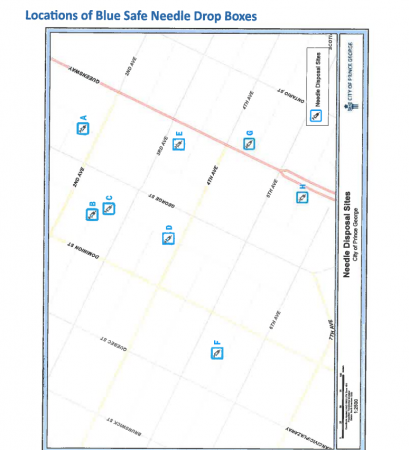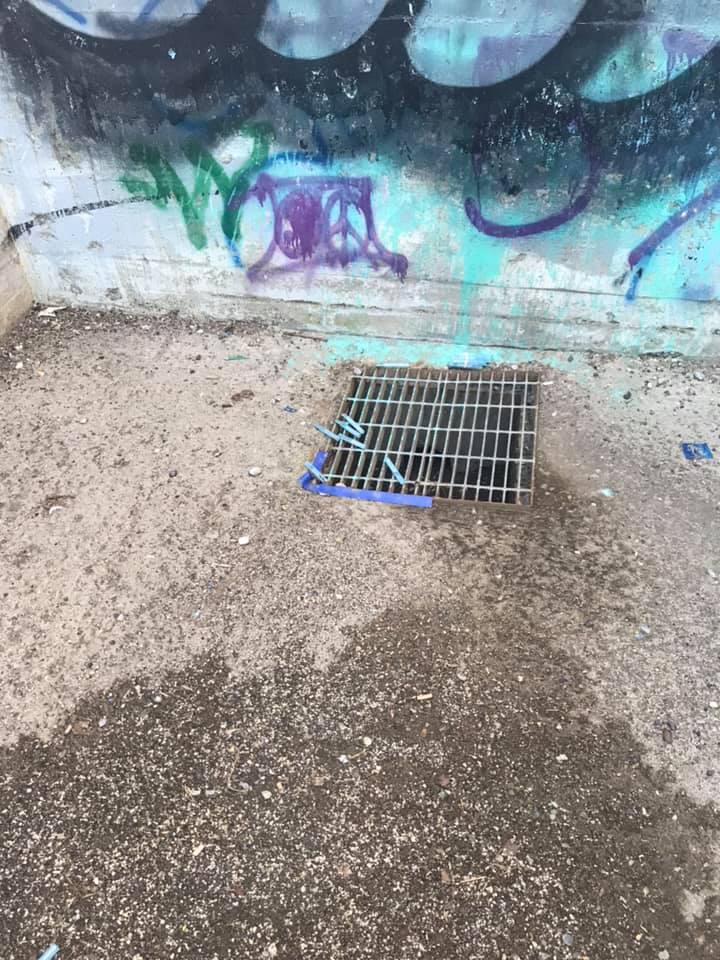Harm reduction programs may be saving lives, but used needles being found in the community is an issue that some say needs to be addressed.
Last week, Prince George City Councillor Brian Skakun said he was bringing a resolution to the Union of BC Municipalities in an ongoing effort to get the province to help pay for cleanup efforts.
“Our Bylaw Services get out there, our parks employees are picking them up, we have the sharps containers downtown that used needles that could be put in, but really they’re being spread all over the place,” Skakun told MyPGNow.

Reanne Sanford, Regional Nursing Lead for Harm Reduction with Northern Health, said they provide sharps disposal units, accept used paraphernalia back where they are distributing, and have engaged in a number of community education programs to show people how to safely dispose of needles.
Those initiatives are largely based on people bringing needles back or disposing of them on their own accord.
“We know that in the first six months of 2019, from January to June, we distributed over 15,000 disposal units. So based on the number of needles we distributed regionally, we know that our disposal rate is 90-95%. It doesn’t mean that they don’t show up on the street, they certainly do,” said Sanford.
In 2017, NH reported that around 90% of the 450,000 needles distributed through their program were returned to them. That still left around 50,000 syringes unaccounted for, which Sanford said doesn’t necessarily mean they weren’t disposed of properly, given the many spaces set up to return needles.
Northern Health and the City of Prince George worked together on a Safe Needle Disposal Guide with a map of the places downtown you can dispose of syringes.
Some communities have taken it upon themselves to clean up the streets.
In both Quesnel and Terrace, volunteers banded together to form ‘Clean Teams.’ In 2018 the Quesnel group successfully lobbied for $7,500 from three funders; Northern Health, the City of Quesnel, and BC Housing so that workers could be compensated. Prince George doesn’t have a program like that at the moment.
Stanford said the responsibility of cleaning up needles distributed by harm reduction programs doesn’t fall only on the shoulders of Northern Health.
“I don’t believe one sole person owns that work, I think it’s shared. I think Northern Health does a lot of it, but we have community partners that do that work too. I think it’s a shared responsibility across communities.”
Something going on in the Prince George area you think people should know about?
Send us a news tip by emailing [email protected].






